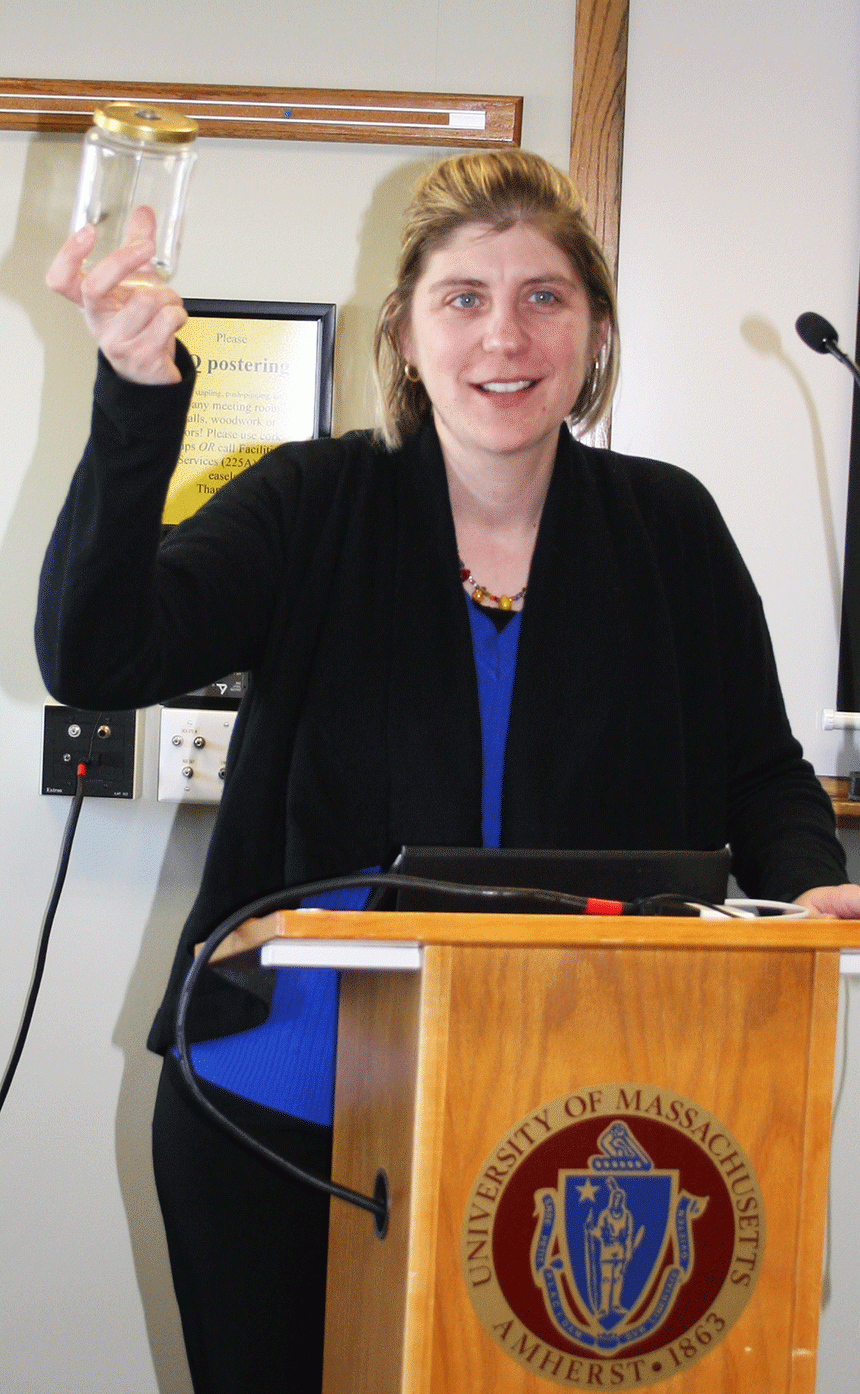UMass Food Science Extension recently held an intensive 3.5-day course called “Better Process Control School” to train existing and would-be food producers in the fundamentals of food safety processing techniques and in meeting FDA requirements. In addition to participants involved in other types of food businesses, UMass Food Science Extension invited 15 specialty crop farmers who were interested in producing value-added products to participate in the course, through the support of a “Specialty Crop Block grant” from the Mass. Department of Agricultural Resources.
Participants attended from across New England as well as Maryland and Michigan. They represented myriad interests from businesses with expansion plans and industry start-up companies to an international firm launching a new product stateside and several farmers who sought training to add value-added foods to their farm offerings.
In order to produce safe, quality foods, there are a variety of core food safety principles that need to be identified and controlled when processing. By law, all commercial processors, when first engaging in the manufacturing, processing, or packing of low acid or acidified foods in any state must register with the FDA. In order to be approved as a registered process, businesses need to operate with a certified supervisor on the premise when processing.
Better Process Control School, offered annually by Extension Assistant Professor Amanda Kinchla of the UMass Amherst Department of Food Science, includes instruction which fulfills the FDA and USDA Good Manufacturing Practice requirements to certify supervisors of acidification, thermal processing and container closure evaluation operations during the canning of low-acid or acidified foods. Throughout the course, six basic topics were covered with an examination at the end of each session. Participants that completed the full exam and who received a passing score were acknowledged through a certificate.
